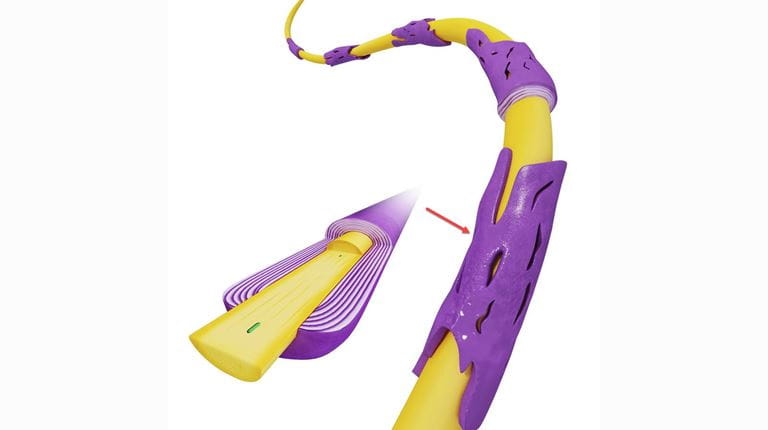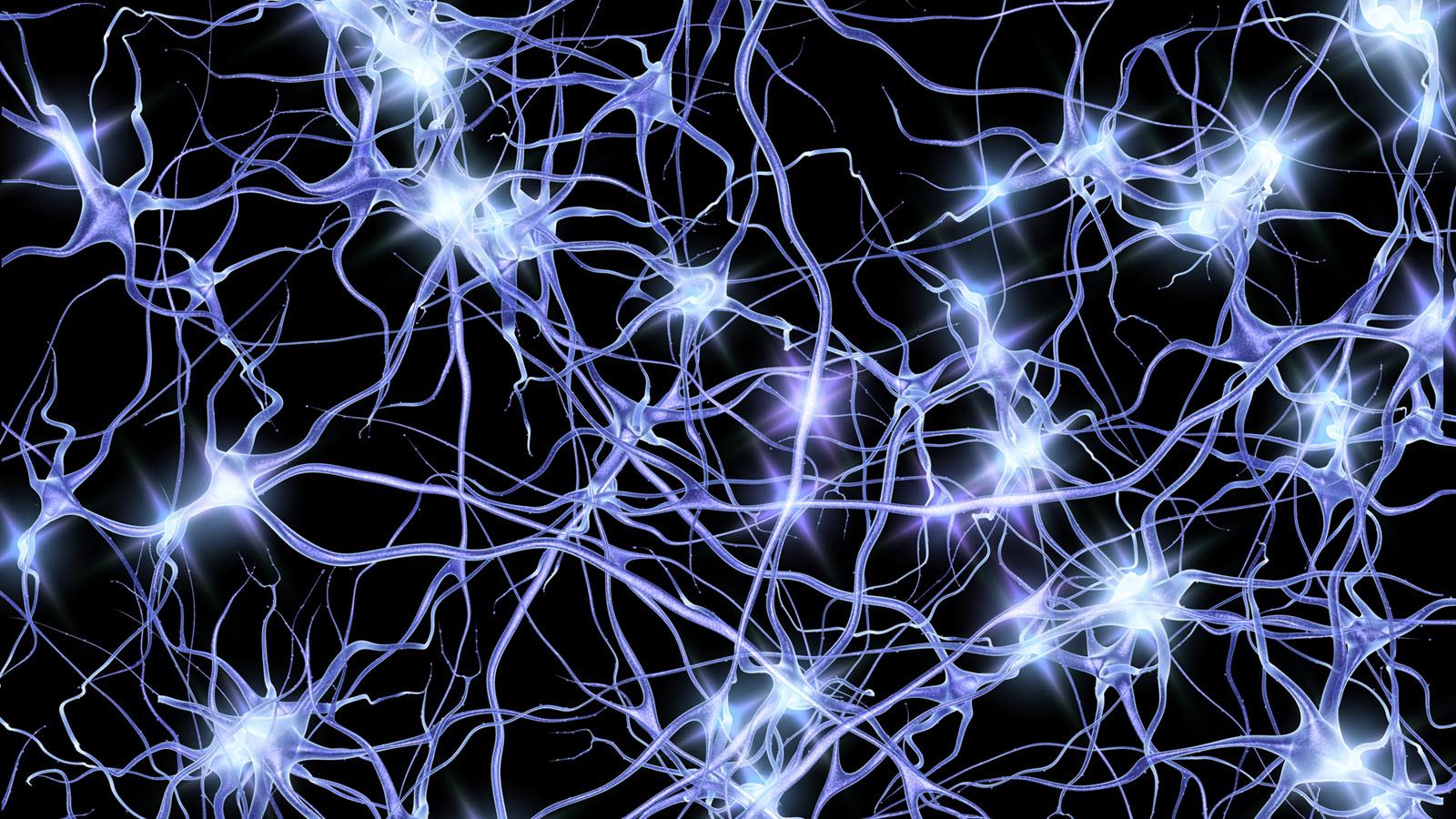Global non-profit organization supporting individuals and families affected by GBS, CIDP, or related syndromes such as MMN.
What is Chronic Inflammatory Demyelinating Polyneuropathy (CIDP)?
Chronic inflammatory demyelinating polyneuropathy (CIDP) is a rare neurological disorder that causes inflammation of the body’s nerves. Though the immune system generally keeps a person healthy by fighting off germs, with CIDP, the immune system does not recognize parts of the nerves and attacks them.
Specifically, the immune system mistakenly attacks the nerves’ protective myelin. When the myelin is damaged or removed, messages transmitted to and from the brain are disrupted and may never make it to their final destination. It’s not known what causes CIDP. While CIDP is often associated with Guillain-Barre Syndrome (GBS), GBS is a short-term illness linked to an illness while CIDP can be more long-term and isn’t known to be tied to an illness. It’s also not clear if CIDP is a hereditary condition.
There are three different types of CIDP: monophasic, recurrent, and progressive. Monophasic CIDP refers to a case of CIDP which lasts for 1-3 years and never recurs. Recurrent CIDP is when symptoms are present intermittently. Progressive CIDP is when symptoms become progressively worse over time.
Symptoms & Treatment of CIDP
Over time, CIDP may cause gradual weakness, numbness and a loss of feeling in your arms and legs. Other symptoms of CIPD include a loss of reflexes, difficulties with balancing or the ability to walk. If left untreated, CIDP can cause permanent damage to the nerves. But with proper treatment, patients often experience positive outcomes through therapies like plasma exchange, corticosteroids and intravenous/subcutaneous immunoglobulin.

What is Myelin?
Nerves are responsible for sending messages to and from the brain, like when a person wants their hand to grasp an object or when the hand tells the brain the stove is hot. Healthy nerves are wrapped in a sheath called myelin, much like electric wires wrapped in rubber insulation. The insulation allows electric impulses to travel efficiently along.
Read Explainer
Living with CIDP
Elizabeth Thirtyacre is living with chronic inflammatory demyelinating polyneuropathy, also known as CIDP. The rare neurological disorder can cause muscle and nerve damage and lead to pain and weakness among other symptoms. She advises patients like her to listen to their body.
Watch Elizabeth's tips




